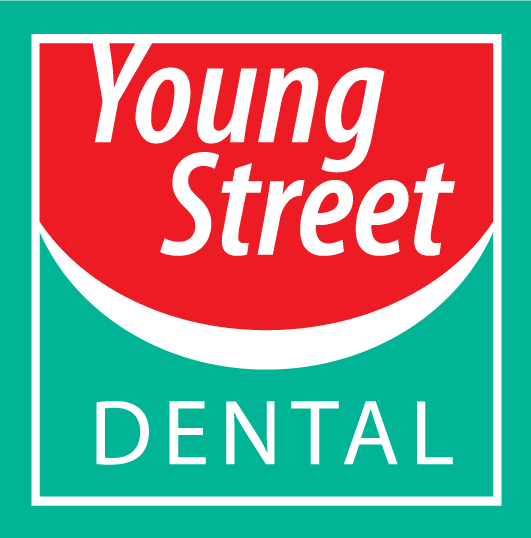While there can be a number of factors behind neck and facial pain, one of the most common causes seen by our dentists is TMD or Temporomandibular Disorder. This condition can be very frustrating to experience and treat, depending on the circumstances.
What are the typical symptoms of TMJ disorders?
- Headache / Migraine
- Jaw Pain
- Limited Mouth Opening
- Ear Congestion
- Dizziness
- Ringing Ears
- Difficulty Swallowing
- Loose Teeth
- Sleep Apnea
- Clenching / Grinding
- Jaw Clicking / Popping
- Chewing Difficulties
- Eye / Ear Pain
- Postural Concerns or Pain
- Tingling Fingers
- Hot / Cold Sensitive Teeth
- Nervousness / Insomnia
- Facial Pain
What is the relation between TMJ disorders and your teeth and bite?
The lower jaw has two joints or Temporomandibular Joints (TMJs). The TMJ has a condyle of the head that rests in a depression right in front of both ears. If you put your fingers in front of your ears and open and close you will feel the joints moving down and forward as you open. The lower jaw is held in place by the joint and ligaments, muscles, and tendons.
If your bite becomes misaligned, regardless of the cause, it can create serious pain and inflammation.
This TMJ pain can cause symptoms of ear pain as the complex nerves and delicate muscles are out of balance, sending pain to the neck, shoulders, and back. This type of pain is commonly called referred pain.
What are the most commonly seen causes of TMJ disorders?
The temporomandibular joint combines a hinge action with sliding motions. The parts of the bones that interact in the joint are covered with cartilage and are separated by a small shock-absorbing disk, which normally keeps the movement smooth.
Some of the common causes of TMJ disorders and the associated pain include:
- The disk erodes or moves out of its proper alignment
- The joint's cartilage is damaged by arthritis
- The joint is damaged by a blow or other impact
In many cases, however, the cause of TMJ disorders isn't clear, and some risk factors include various types of arthritis, such as rheumatoid arthritis and osteoarthritis, jaw injury, chronic grinding of teeth, and connective tissue disease.
How can TMJ disorders be treated?
The approach to treat TMJ pain at Young Street Dental is based on psychology. Your dentist will take the duration and severity of the pain when deciding on which method of treatment to pursue.





